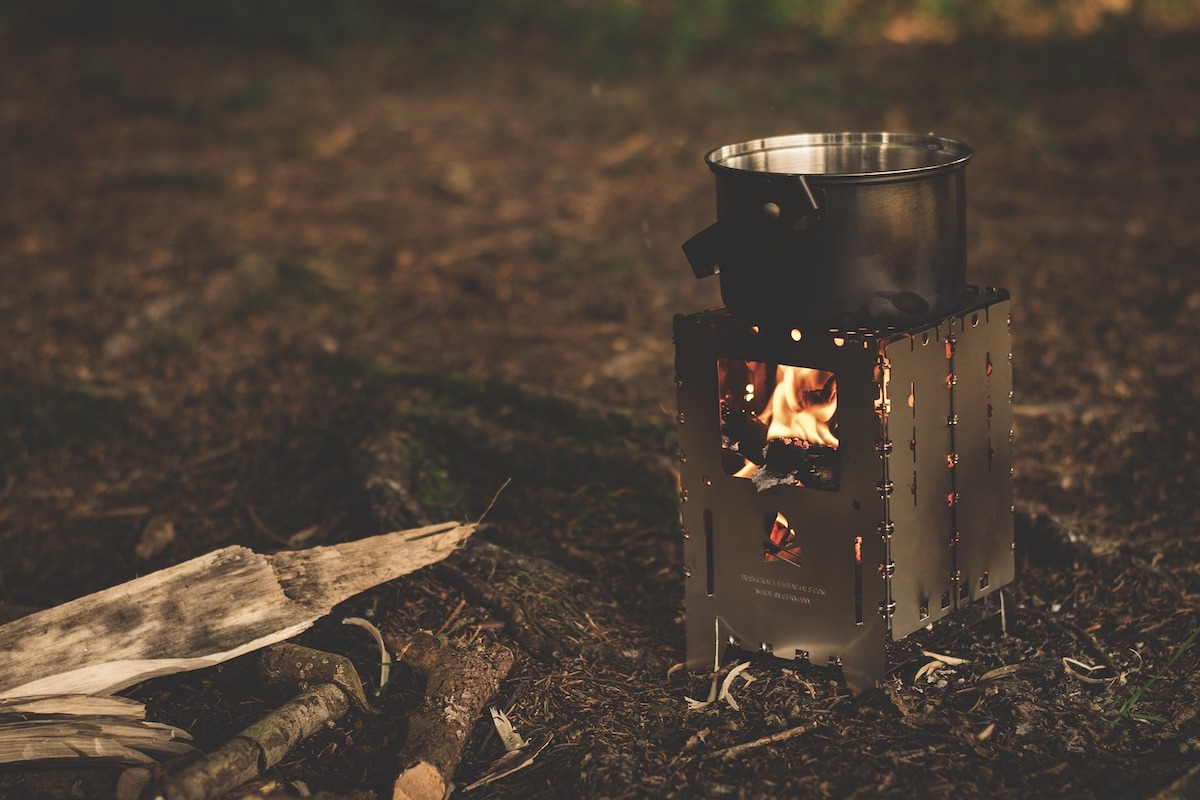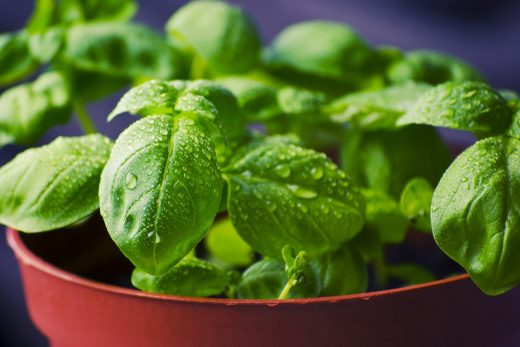Table of Contents
People with anxiety sometimes consider herbal remedies as an alternative to prescription medication. This may be because some medications, for example, beta-blockers or benzodiazepines, may have unwanted side effects.it’s important to talk to a doctor before reducing or stopping prescription medication or starting an herbal supplement. Some herbs can cause side effects or interact with other medications. Here are 9 herbs and supplements that may help relieve anxiety.

7 Herbs for anxiety
Ashwagandha
Ashwagandha can help you reduce stress levels. Ashwagandha or Withania somnifera is in a group of herbs called “adaptogens”. Adaptogens affect the systems and hormones in the body that regulate a person’s stress response. Ashwagandha has a long history of use in traditional Indian, or Ayurvedic, medicine. A small 2019 clinical trial investigated the efficacy of ashwagandha for stress and anxiety. The 8-week study involved 58 participants with perceived stress. Each participant randomly received one of three treatments: Ashwagandha extract at doses of 250 milligrams (mg) per day or 600 mg per day, or a placebo. Participants taking ashwagandha showed less cortisol, the stress hormone, than those in the placebo group. Participants taking 600 mg of ashwagandha reported significantly reduced stress levels. However, participants who took the lowest dose of ashwagandha did not report a reduction in stress. In another 2019 study, 60 participants with moderate anxiety received 250 mg of ashwagandha or placebo for 60 days. Those who took the herb showed a significant reduction in some measures of anxiety, but not others. People can take ashwagandha in a tablet or liquid tincture form.
Buy Ashwagandha on amazon.com >>
Chamomile
Chamomile is a flowering herb similar in appearance to a daisy. There are two types of chamomile that people can use for medicinal purposes: Roman chamomile and German chamomile. Some people use chamomile in the following forms to help relieve stress and anxiety: A 2016 clinical trial investigated the efficacy and safety of chamomile as a long-term treatment for generalized anxiety disorder. The 93 participants received 1,500 mg of chamomile daily for 12 weeks. Some continued taking chamomile for the next 26 weeks, while the rest switched to a placebo. The researchers observed that participants who continued taking chamomile were no less likely to experience a relapse of generalized anxiety disorder symptoms than those who switched to placebo. However, when the relapse did occur, the symptoms were less severe. Some people may have allergic reactions to chamomile, particularly if they experience reactions to the following plants: ragweed chrysanthemum marigoldsmarigoldsChamomile may interact with certain medications, including the blood thinner warfarin and the immunosuppressant drug, cyclosporine. Anyone taking any type of medication should check with their doctor before consuming chamomile teas or supplements.
Buy Chamomile on amazon.com >>
Valerian
Valerian or Valeriana officinalis is a plant native to Europe and Asia. For many centuries, people have used the root to help treat sleep problems, anxiety, and depression. Valerian root is available in the following forms:teatablettinctureTo date, there have been only a few high-quality studies on the effects of valerian. The National Center for Complementary and Integrative Health (NCCIH) states that there is insufficient evidence to determine whether valerian can relieve anxiety or depression. Studies suggest that valerian is generally safe. However, the NCCIH states that there is no information on the long-term use or safety of valerian in the following groups: pregnant women breastfeeding, mother children under age 3. People should also be aware that valerian may have a sleep-inducing effect. Taking the herb with alcohol or sedatives will add to this effect and could be dangerous.
Lavender
Lavender is a flowering plant that belongs to the mint family. Many people use lavender to help calm nerves and relieve anxiety. People can use lavender in the following ways: brew tea with the leaves use the oil in aromatherapy mix the essential oil into a carrier oil for massage and oil or flowers to bath lavender essential oil contains chemicals called terpenes. A 2017 review article suggests that two of these terpenes called linalool and linalyl acetate may have a calming effect on chemical receptors in the brain. The review suggests that lavender essential oil may be an effective short-term treatment for anxiety disorders. However, studies of long-term effects are lacking.
Galphimia glauca
Galphimia glauca is a plant species native to Mexico. People traditionally use it as a tranquilizer to reduce anxiety. A 2012 clinical trial investigated the effectiveness of Galphimia glauca as a treatment for generalized anxiety disorder. Participants received either Galphimia glauca or the prescription anxiety medication lorazepam for 12 weeks. The researchers continued to monitor the participants for 3 more weeks to check for withdrawal symptoms. The results showed that participants who received a daily dose of 0.175 mg of Galphimia glauca had a greater reduction in generalized anxiety disorder symptoms compared to those who took lorazepam. Both treatments were safe. According to a 2018 review, the evidence for Galphimia glauca as a treatment for anxiety is promising. However, medical companies have not exploited its potential due to a lack of available plant material.
Buy Galphimia on amazon.com >>
Kava kava
Kava kava, or simply kava, is a shrub native to the islands of the Pacific Ocean. Its scientific name is Piper methysticum. In the Pacific Islands, people use kava as a ceremonial drink to relieve stress and alter the mood. A 2013 placebo-controlled trial investigated the efficacy of kava as a treatment for GAD. The 6-week study involved 75 participants. Each person received one of three treatments: Kava extract at doses of 120 mg or 240 mg per day, or a placebo. Participants who took kava showed a significant reduction in anxiety compared to those who received the placebo, suggesting that kava may be a moderately effective short-term treatment for GAD. The study also determined that kava is safe. In 2002, the U.S. Food and Drug Administration (FDA) advised that taking supplements containing kava could cause serious liver injury. However, the World Health Organization (WHO) has since indicated that the relationship between kava and liver toxicity is unclear, indicating that scientists need to reevaluate the data. People can buy kava as a supplement online or in supplement stores.
Buy Kava kava on amazon.com >>
Cannabidiol
Cannabidiol (CBD) is one of the active ingredients in the cannabis plant. Research in 2019 suggests that CBD may have a calming effect on the central nervous system. Although the FDA does not currently approve the use of CBD, this natural chemical is widely available in the following forms: tablet liquid, extract liquid, vape liquid topical cream above study investigated whether CBD could help treat anxiety and sleep problems. The researchers retrospectively analyzed data from 103 adults who took CBD as an additional therapy for anxiety and sleep disorders. Of the 72 adults they included in the final sample, 57 experienced a reduction in their rates of anxiety within the first month of taking CBD. These rates remained low throughout the 3-month period of the study. The researchers concluded that CBD may be beneficial for people with anxiety-related disorders. However, clinical trials are needed to confirm these results.
Safety Considerations
Many herbs can interact with over-the-counter and prescription medications. Some may increase or decrease the effects of certain medications, possibly causing serious health effects. People taking any kind of medication should consult with their doctor or pharmacist before starting herbal supplements. They should also be aware that herbal remedies may take longer to start working than prescription medications. If a person needs more advice about an herbal product, they should consult a qualified herbalist about the brand, strength, and amount. The FDA does not monitor herbal remedies, so there are possible safety concerns about herbs that have incorrect label information or heavy metal contamination.
Summary
People have used herbs for thousands of years to treat many medical conditions. Scientific studies indicate that certain herbs may help relieve symptoms of anxiety. As with prescription drugs, some herbal products may cause side effects. Herbal products may also take longer to start working. People should consider these factors when weighing the pros and cons of a particular treatment. There can be serious interactions between certain herbs and medications. A person taking any kind of medication should consult with their doctor before starting to take herbal products.



